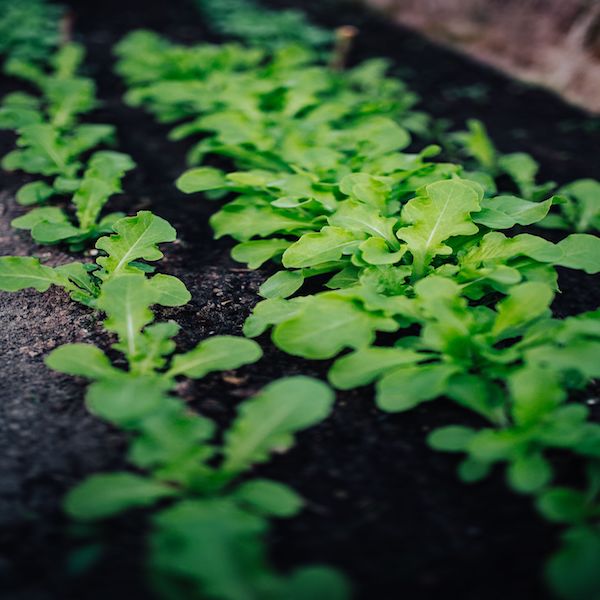Should You Worry That Your Soil is Contaminated?
•Posted on September 20 2019

What Does it Mean if Your Soil is Contaminated?

If your soil is contaminated, there's a chance that the toxic materials can be absorbed into the plants you're growing.
These chemicals are detrimental to soil health and could damage, or even kill, the plants you're growing.
If you're growing fruit or vegetables, it might be best not to eat them and dispose of your plants if the chemical content of your soil is too high.
This is because contaminated soil is most harmful when ingested or inhaled -- most likely with root vegetables such as carrots and yams.
What Chemicals are Typically Present in Contaminated Soils?

The most common types of chemicals found in contaminated soils are:
- Arsenic
- Solvents
- Pesticides
- Lead
- Other Heavy Metals
How Does Soil Become Contaminated?

There are a number of ways that soil becomes dangerously contaminated:
Industrial Waste: Liquid and solid waste released into the environment is the biggest contributing factor to soil contamination.
Deforestation: Trees being cut down leaves the soil exposed to the elements, which in turn leaves it more susceptible to contaminants.
Overuse of Fertilizers and Pesticides in Agriculture: Synthetic fertilizers and pesticides release toxins into the soil of the field they're applied to, and in surrounding fields if they're applied too liberally.
Garbage Pollution: Litter that is disposed of carelessly not only pollutes the land, but can take hundreds, or even thousands, of years to decompose.
Previous Buildings on the Land: If there have ever been wooden structures on your land that were built before the late 1970s, there's a higher risk for lead and arsenic to be present in the soil, as arsenic was widely-used to preserve wood.
How Can You Find Out if Your Soil is Contaminated?

Once you've decided if the likelihood of contamination justifies testing your soil, you can begin to look at having it tested to see if there are dangerous levels of toxic chemicals present.
There are a number of situations that could cause your soil to be contaminated, including:
- If it has or has had pesticides or synthetic fertilizers used on it regularly in recent years.
- If it's on or near a current or former industrial site where hazardous materials were handled.
- Is near a high-traffic roadway that existed before leaded gasoline was banned.
There are many other reasons that could cause your soil to be contaminated, so if you're worried about it, you should definitely look into getting it tested.
What Can You Do if Your Soil is Contaminated?

While it's impossible to truly clean contaminated soil, you can reduce the toxicity of it considerably. Adjusting the pH of your soil to as close to neutral as you can will help.
Shifting your focus to organic gardening and adding rich organic matter to the soil will also help negate the impact of the toxic chemicals and protect your plants.
Make sure to thoroughly wash fruit or veg before you eat them. Taking these steps will lead to a healthy garden for many years to come.
Shop some of our organic fertilizers below and nurture your soil back to health.
Related Posts:
Comments
0 Comments
Leave a Comment